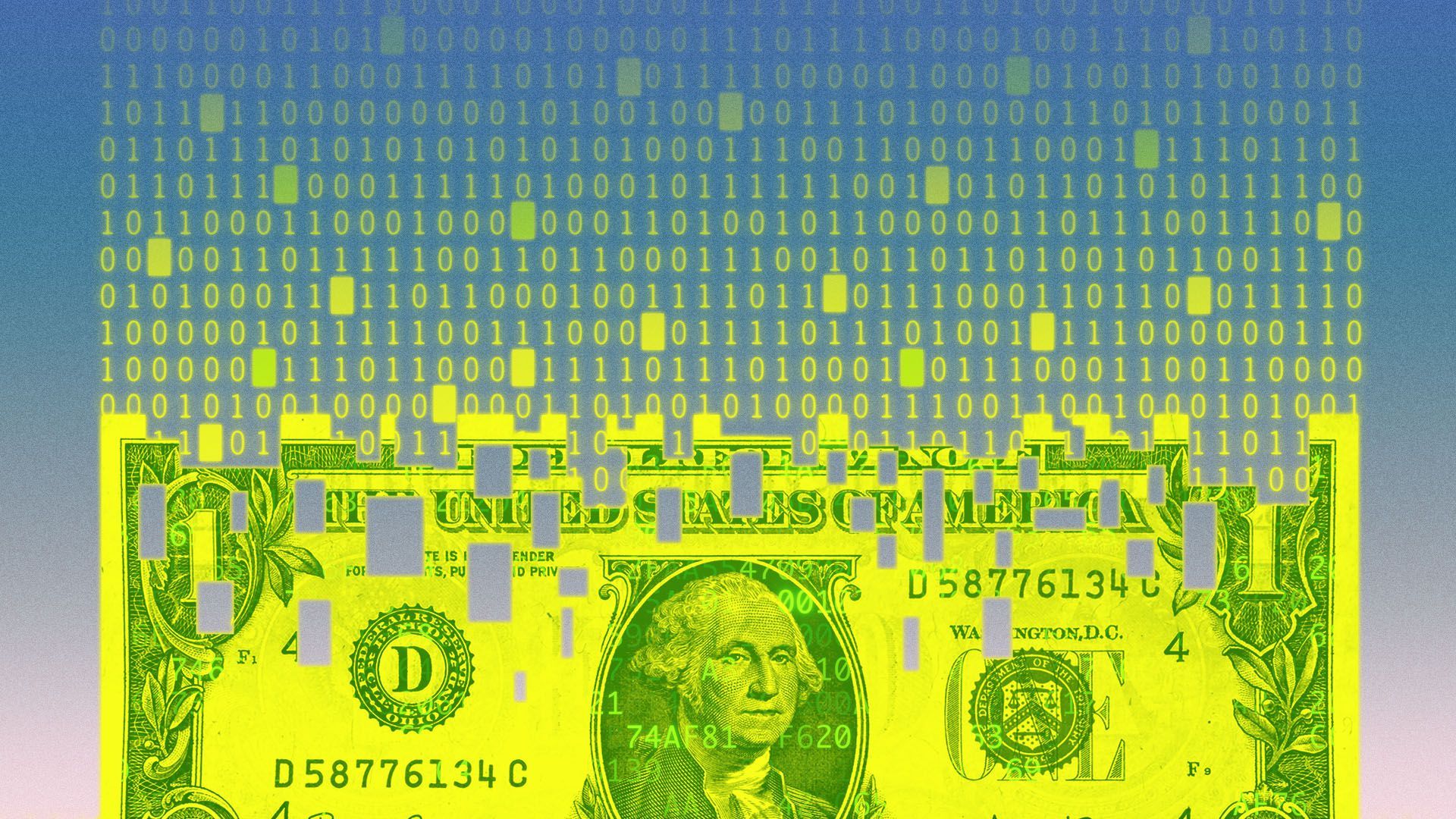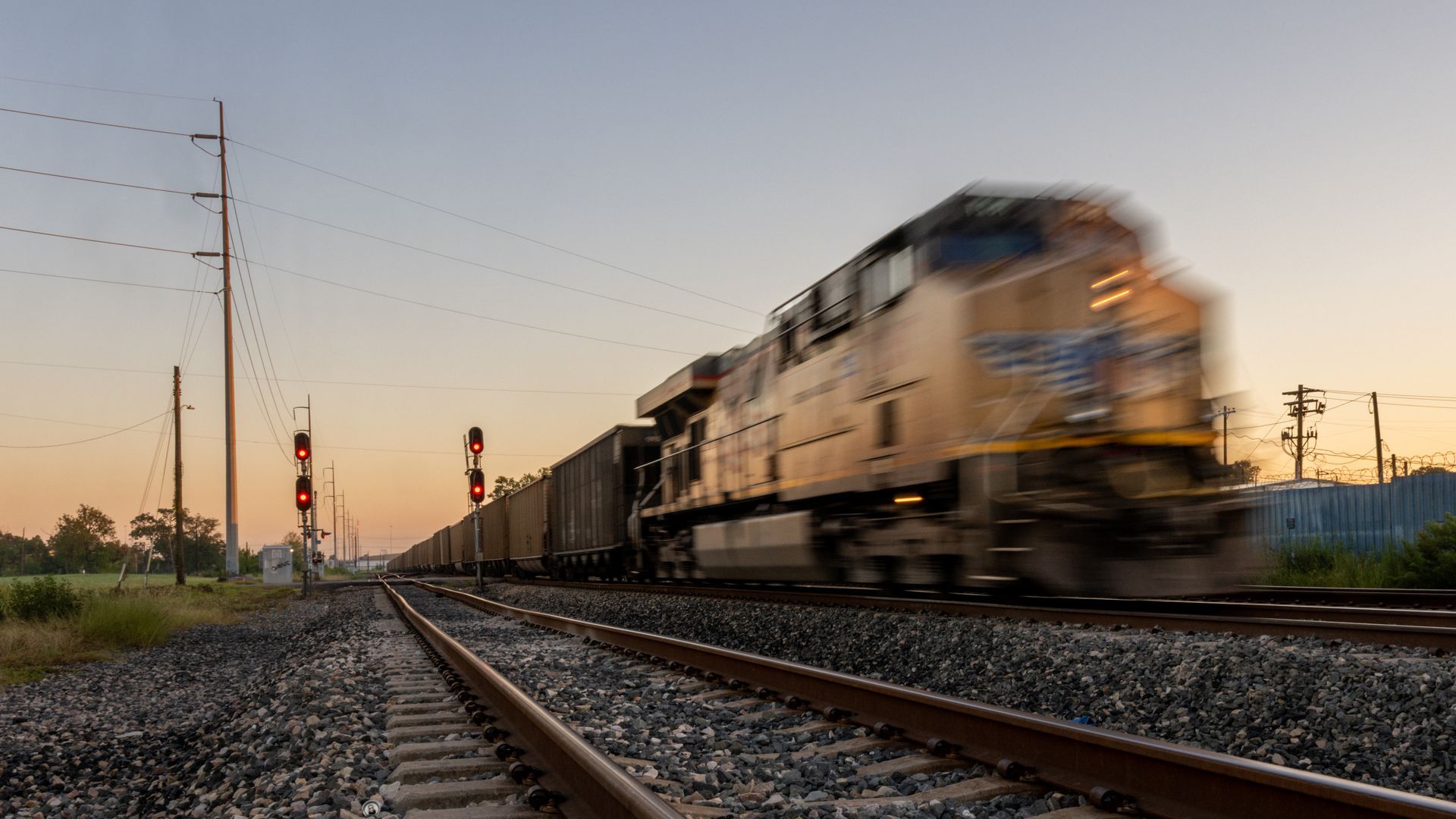| FTX appeared before the Delaware Bankruptcy Court yesterday asking — among other things — that the names of everyone (everyone!) it owes money be redacted from the official record, for the time being, Axios' Brady Dale writes. Why it matters: On the one hand, a core value of the U.S. bankruptcy system is transparency. On the other, listing everyone's names could put a target on the backs of FTX customers, who have it bad enough right now. Flashback: This focus on privacy comes after an outcry in the bankruptcy case of crypto lender Celsius Network, which earlier this year filed with the court the names and crypto transactions of thousands of users. - Doubtless, few users of either service ever suspected their identities or holdings might be exposed in this way.
Cryptocurrency customers are unique, FTX lawyers from Sullivan & Cromwell argued. "Many customers invest in cryptocurrency in part not to be publicly identified," said S&C's Brian D. Glueckstein. "Identifying the personal contact of the customers ... could put them in the crosshairs of bad actors." - He also said such revelations might lead to "further destabilizing the broader crypto markets."
- Indeed, we are watching one industry pillar wobble right now.
But, but, but: The motion for redaction was definitely not just about privacy. The new executives at FTX believe the customer list is a valuable asset — one they could potentially even sell in order to recoup more funds to repay creditors. - "Public dissemination of the Debtors' customer list could give the Debtors' competitors an unfair advantage to contact and poach these customers," Edgar W. Mosley of Alvarez & Marsal, an FTX adviser, wrote in a court document.
The other side: The U.S. Trustee, which is the Department of Justice bankruptcy watchdog, objected to redaction, particularly when it comes to institutional clients. - Ben Hackman of the U.S. Trustee office argued that case precedent shows that in a bankruptcy proceeding, companies should expect to be in a "fishbowl."
The upshot: Judge John T. Dorsey granted an interim motion to redact the names of all creditors, but that will be revisited in a Dec. 16 hearing before he issues a final order. - "I need to make sure I'm protecting the interest of these individuals. This is a space where everything is done over the internet ... Hacking happens all the time," the judge said.
For a blow-by-blow of the developing FTX situation, subscribe to Axios Crypto. | 










No comments:
Post a Comment